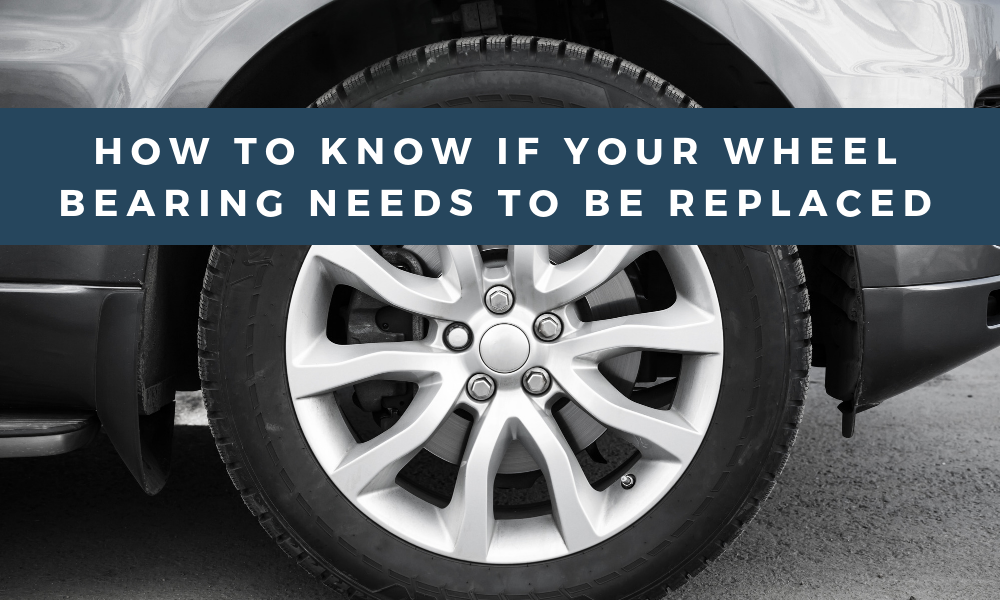FREE GROUND SHIPPING + ONE-YEAR WARRANTY ON WHEELS
How to Know if You Need to Replace Your Wheel Bearing

It’s not surprising that caring for your car is essential. Ideally, you’ll try to extend the life of your vehicle for as long as possible. When you suspect that something is amiss, it’s important to get it checked out as soon as possible. However, this can be stressful; the truth is over half of Americans are intimidated by their mechanic. It’s imperative that you meet a professional though because some issues are harder to identify than others—especially when they are related to car parts that are known for sporting a long shelf life.
One thing that you need to consider from time to time is your wheel bearings. These are a part of your wheel assembly; it’s the metal ring that links your wheel to your axle. Wheel bearings tend to last for a long time, usually between 85,000 and 100,000 miles. It’s important to be able to pick up on the signs that a bearing needs replacement, especially as the diagnostic process tends to be a tricky one. Whether you’re dealing with Pontiac G6 wheels or a Jeep Wrangler’s, the warning signs tend to be the same.
Loose Wheels
One of the first signs of a wheel bearing that’s on its way out are loose wheels. If your bearing begins to wear down, it’s going to affect the wheel assembly. You can oftentimes pick up on this when steering your vehicle, although it takes a bit of wear before you can actually feel it.
Strange Sounds
Although sounds such as grinding or grating can indicate a variety of issues within your car, the wheel bearing is one of these. So, if you’re having a hard time figuring out what is causing these sounds, this may be the solution you’ve been looking for. Humming, snapping, rumbling, and growling sounds are all protentional indicators.
Vibration
There may be a slight vibration, though it can be difficult to detect. If you suspect that something may be amiss, pay close attention to the feel of your car.
Uneven Tire Wear
Failing wheel bearings can also cause uneven tire wear. In conjunction with this, they may also wear faster than normal. However, failing to keep up with tire rotation can also contribute to uneven wear, so be sure to keep up with this as well.
One other thing to note is that if you experience any of these signs, it may be difficult to determine which bearing is the faulty one. Take your car to the mechanic if you suspect that your bearing may be failing, or if you’ve put a substantial number of miles on them.
